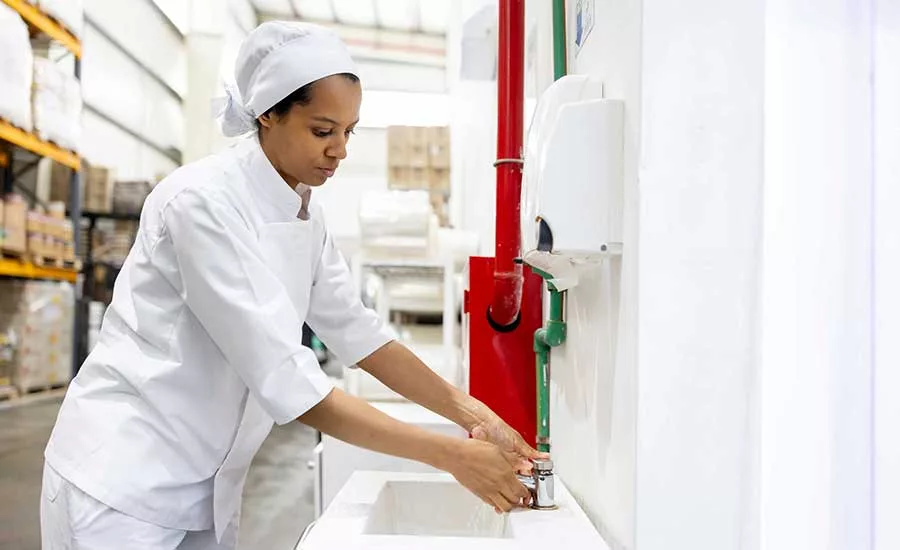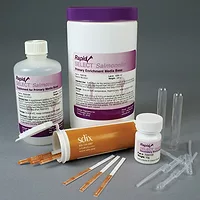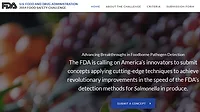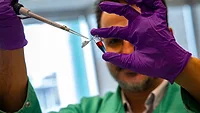Researchers Develop Method to Speed Up Salmonella Detection in Shell Eggs

Credit: Amr Serag via Unsplash
Researchers from the Singapore Food Agency’s National Center for Food Science and the National University of Singapore have developed a real-time polymerase chain reaction (PCR) approach for the detection of viable Salmonella Enteritidis contamination in shell eggs, which would accelerate the traditional Salmonella testing process if integrated.
S. Enteritidis is one of the most prevalent serovars responsible for foodborne salmonellosis worldwide, and shell eggs are a common vehicle of infection. While testing for viable S. Enteritidis in shell eggs is essential for early alerts and ensuring unsafe food does not enter the market, the typical “gold standard” culture-based testing methods requires many time-consuming steps and personnel with specialized technical skills. A cultured-based system that provided live isolates would typically require five to seven days for S. Enteritidis confirmation, and there have been reports of false-positive Salmonella detected via biochemical testing of colony isolates on non-Salmonella bacteria that share biochemical similarities with Salmonella.
Rapid molecular-based methodologies, such as real-time PCR, are alternatives that can improve the accuracy and efficiency of S. Enteritidis testing and confirmation. Therefore, the study aimed to develop an S. Enteritidis PCR method for the rapid screening of viable S. Enteritidis in shell eggs, as well as confirmation of the S. Enteritidis serotype amongst the Salmonella colonies in a reduced testing turnaround time.
The researchers were able to demonstrate that the S. Enteritidis real-time PCR can effectively differentiate between viable and non-viable S. Enteritidis using the difference in quantification cycle values observed in post-enriched egg cultures and provide confirmation of the S. Enteritidis serotype from the Salmonella colonies. The findings highlight the potential for the S. Enteritidis real-time PCR assay to be integrated into the conventional Salmonella testing process to accelerate the detection of SE in shell eggs.
During the study, a total of 89 Salmonella strains across 6 different serogroups were selected for specificity testing and artificial inoculation studies. The researchers then inoculated an S. Enteritidis colony, spiked homogenized raw eggs with different diluted dosages of live and heat-inactivated S. Enteritidis, and homogenized and incubated 73 naturally contaminated shell eggs. The researchers then isolated and identified S. Enteritidis in the shell eggs using conventional processes and the real-time PCR.
The results showed how the S. Enteritidis real-time PCR can expedite the detection of the poathogen during the screening of shell eggs and reduce the lengthy testing turnaround time needed to verify the serotype of S. Enteritidis isolates. Additionally, the S. Enteritidis PCR assays proved to be highly specific when performed on well-characterized reference strains and wild S. Enteritidis isolates. The researchers state that the assay is comparable to the “gold standard” when verifying the identity of S. Enteritidis isolates acquired from naturally contaminated eggs.
Looking for quick answers on food safety topics?
Try Ask FSM, our new smart AI search tool.
Ask FSM →








